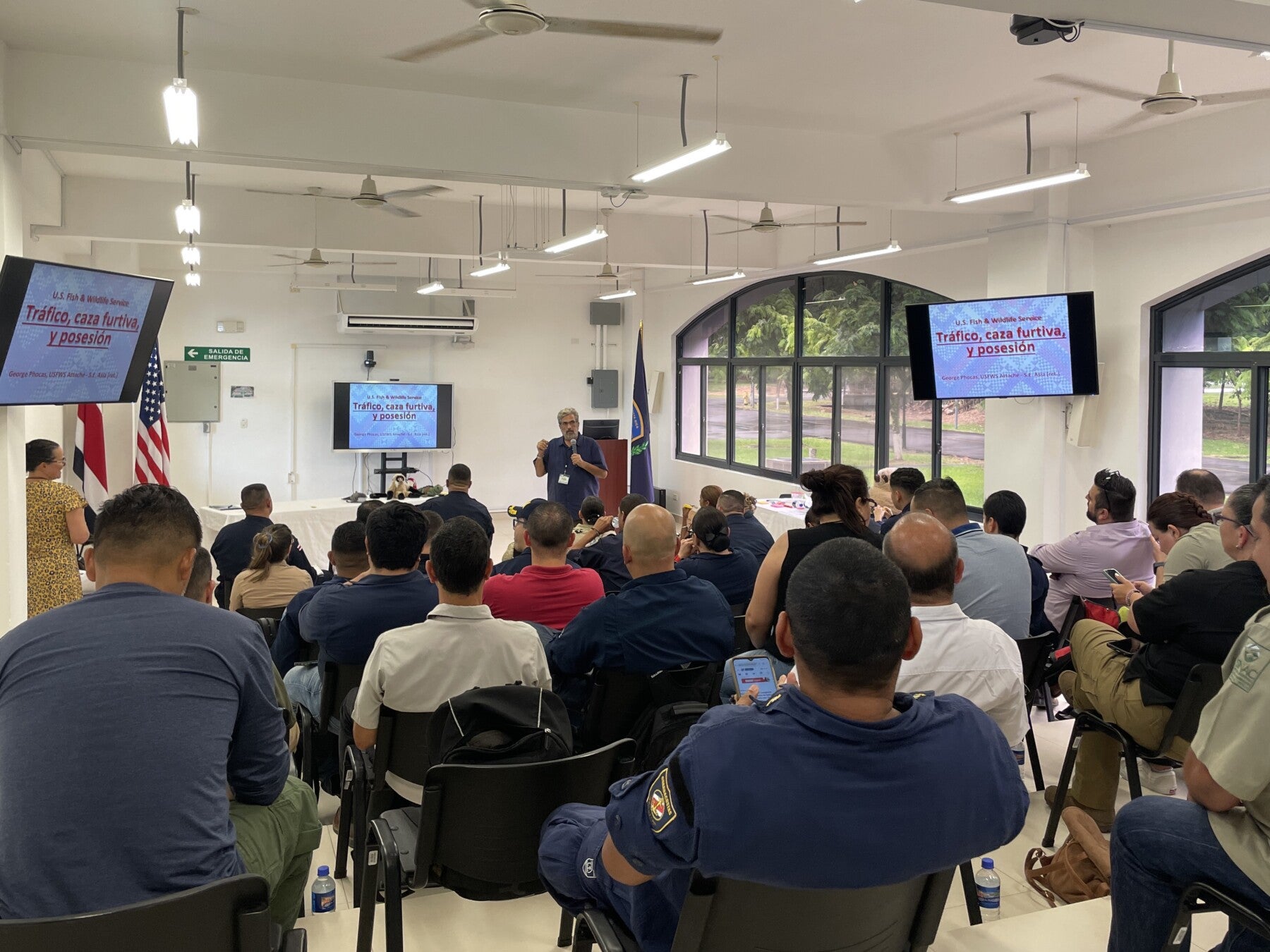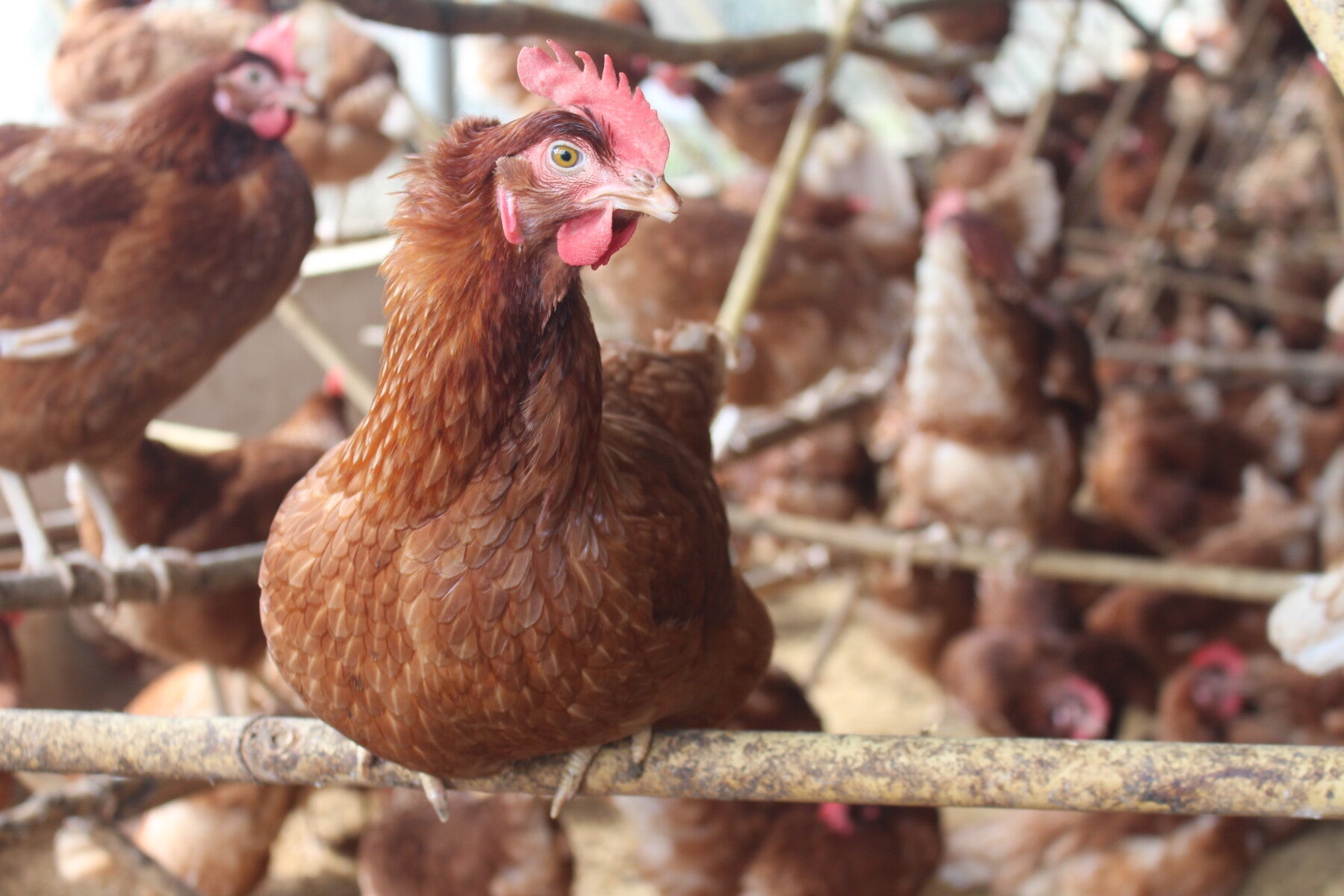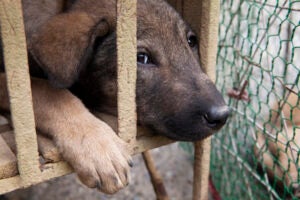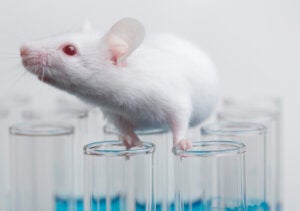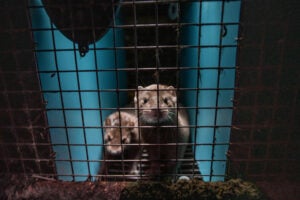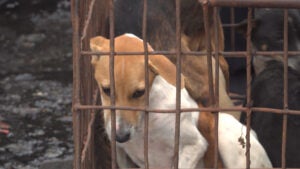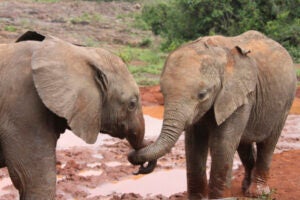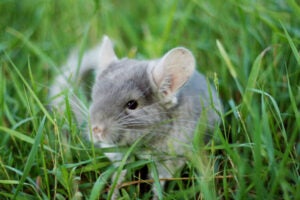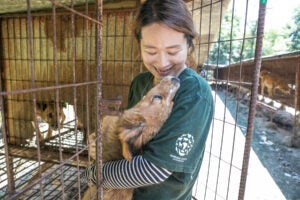
SEOUL―The vast majority of South Koreans (86%) have little to no intention of consuming dog meat in the future, regardless of their past consumption, according to a new survey by Nielsen Korea commissioned by animal group Humane Society International/Korea. A majority (57%) support a ban on the dog meat industry, and around 65% of those polled expect to see an end to dog meat consumption in less than two years. Animal cruelty is the top reason for those supporting a ban (53%) with almost 50% (49.7%) citing unsanitary conditions of dog meat production as the main motivator.
The results of the “2023 Dog Meat Consumption and Attitude Survey” are released amid a surge in political discussions on banning the dog meat industry in South Korea. Four legislative bills for a ban have been proposed, and 44 members of the National Assembly― including Han Jeong-ae of the Democratic Party of Korea and Lee Heon-seung of the People Power Party―have supported a parliamentary resolution to end the dog meat industry. Recently, First Lady Kim Geon-hee once again emphasised her commitment to a ban, joining Korean animal welfare groups including HSI/Korea at a press conference last month.
The most significant attitude shift seen in the Nielsen/HSI survey is observed among people in their 40s and 50s, traditionally considered the primary consumers of dog meat. According to the survey, negative perceptions of dog meat and a heightened empathy for the well-being of all dogs have increased in this age group since last year. For example, 73% of people in their 50s now express the view that all dogs―whether pets or on dog meat farms― should be protected, and 64% in this age category cite animal cruelty as their main reason for supporting a ban on the dog meat industry.
Sangkyung Lee, dog meat campaign manager for HSI/Korea, said: “As politicians from all parties are showing support for a ban on the dog meat industry, our survey clearly shows that they have the backing of the Korean people, the vast majority of whom don’t eat dog meat. The cruelty of the dog meat industry is the top reason cited for supporting a ban, with the unsanitary conditions the second highest motivating factor, both figures that we believe will continue to rise as people become increasingly aware of the animal suffering and lack of hygiene inherent in the dog meat industry. HSI/Korea’s Models for Change program has successfully worked with 18 dog meat farmers so far to permanently close their farms and help them transition to alternative, humane livelihoods. Our work demonstrates that cooperation with dog meat farmers is possible and that an end to this industry can be a win:win for both people and dogs. Legislative efforts by lawmakers and the government are now urgently needed for the passage of a dog meat ban into law.”
Overview of main findings:
- 86% say they will not or probably will not consume dog meat in the future.
- 54% say they have never eaten dog meat (and will not do so in the future).
- 57% support a ban on the dog meat industry.
- 53% overall (and 64% of those in their 50s) cite animal cruelty as their top reason for a dog meat industry ban.
- 7% cite unsanitary conditions as their top reason for a dog meat industry ban.
- 68% overall (and 73% of those in their 50s) believe all dogs, whether so-called “meat dogs” or pets, deserve equal care and protection.
Photos and video of HSI/Korea rescuing dogs from a dog meat farm in March 2023
ENDS
This survey was conducted online in August 2023, targeting 1,500 respondents aged 18 to 59, considering gender, age and regional demographics, with margin of error +-2.53%.
Media contact: Wendy Higgins, HSI’s director of international media: whiggins@hsi.org

